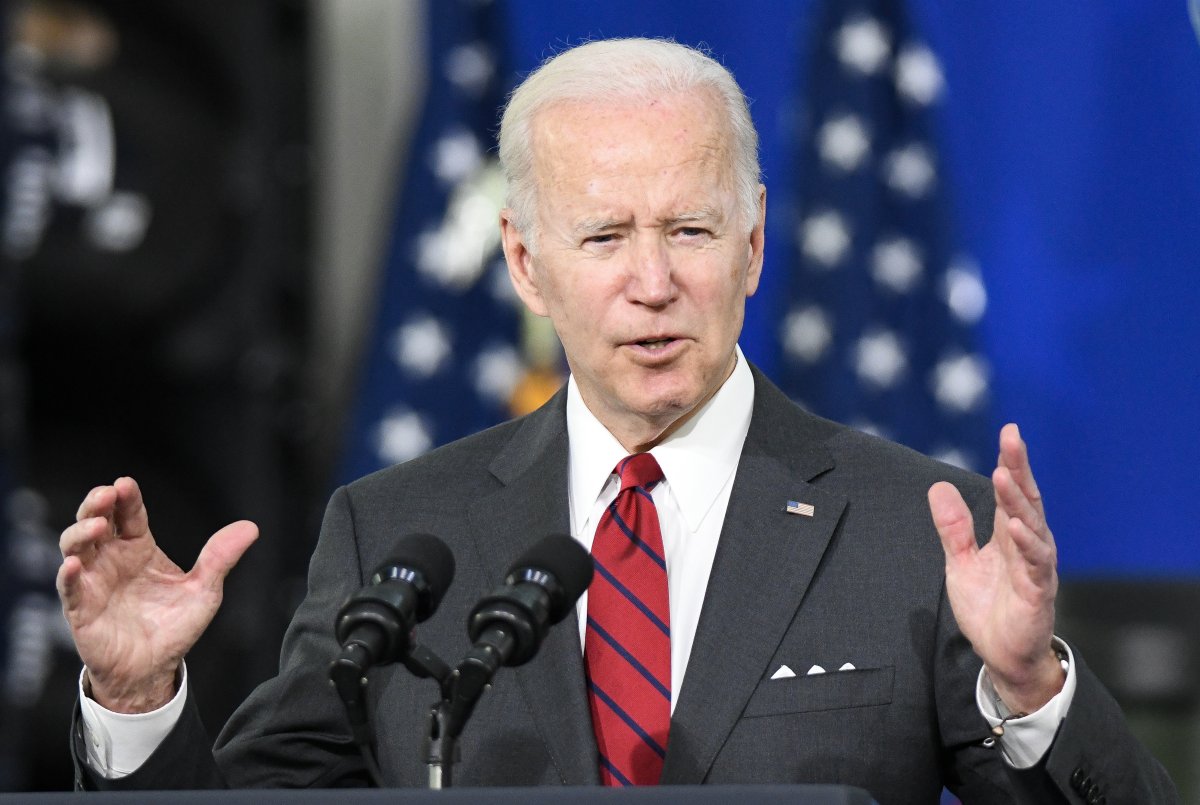In the midst of the conflict in Ukraine and the broader People's Republic of China focus in the newly-released National Defense Strategy, smaller U.S. military commitments, like the proposed return of several hundred servicemembers to Somalia, are liable to be overlooked. Great power competition is understandably a priority, but smaller commitments like Somalia are still costly and put American personnel directly in harm's way. Instead of just sending troops back, the Biden administration needs to prioritize non-military policies to address Somalia's security crisis.
In March, AFRICOM Commander General Stephen Townsend told senators that Somali terrorist group Al-Shabab represented such a severe threat that U.S. troops ought to return to Somalia. U.S. forces already work to counter Al Shabab but have done so from neighboring countries since the December 2020 withdrawal of 700 troops based in Somalia. In Townsend's estimation, the results of "commuting to work" have been less than satisfactory. Transiting to Somalia from other countries adds additional risk to personnel, airstrikes haven't been as effective as once hoped and partners in the fight against the group are faltering.
Before fulfilling AFRICOM's request, however, the White House needs to reassess its Somalia policy. Tactical success will not address the strategic issues at the heart of Somalia's security woes. Returning several hundred soldiers to Somalia will not win the war, solve Somalia's governance issues, address divisions in the Somali National Army, or tackle the country's impending famine.
Even on its own terms, deploying to Somalia has serious drawbacks. Before the withdrawal, Al-Shabab attacked bases where U.S. troops were stationed in and near Somalia. In January 2020, the group attacked a Kenyan airbase near the Somali border, which killed one American servicemember and two U.S. contractors. Worse still, the increased operational tempo after 2017 increases the risk that U.S. strikes harm Somali civilians.
American security commitments to Somalia cannot be open-ended if the U.S. is serious about transitioning from "forever wars" to balancing against Russia in Europe and China in Asia. With President Joe Biden's Africa strategy still in development, the endgame for U.S. policy in Somalia remains unclear. Yet another deployment is fraught with difficult questions. How degraded does Al-Shabab need to be to end the deployment of U.S. forces? Terrorist groups are difficult to eradicate entirely, so what mechanisms can be put in place to ensure the United States would not need to return once again? Al-Shabab's fortunes have waxed and waned over the years, so it's difficult to claim that a few hundred U.S. troops in-country are all that's needed to defeat the group permanently.
Instead of letting the Department of Defense (DoD) look for tactical solutions to strategic problems, policymakers outside of DoD need to play a bigger role. Other organs of the U.S. government can focus on a range of efforts including tackling Al-Shabab's racketeering and illicit trading to disrupt the group's financial networks. The intelligence community, including DoD, can work to disseminate actionable intelligence to Somali forces and other partners. The State Department and USAID can work to avert the country's impending famine and push for more transparency in Somali governance.
The Department of State should build on its efforts to bring other partners into the fight. The U.K., for instance, has expressed interest in shouldering more of the responsibility for training. The longstanding African Union Mission in Somalia (AMISOM), meanwhile, was replaced at the end of March by the African Union Transition Mission in Somalia (ATMIS), which will need serious diplomatic and financial support to meet its goal of withdrawing by 2024.

Major donors will also have to stay on board to keep the pressure on Al-Shabab, even as more of their attention and resources go to Ukraine and prospects for re-armament in Europe. It will be up to Biden to ensure the European Union's shifting funding mechanisms continue to provide assistance to Somalia and to steer other partners, such as Turkey, toward policies that benefit Somalis in addition to their commercial and political ambitions.
Lastly and most importantly, Biden needs to work with Somali leaders. Some plans for the country emphasize the importance of locally-led initiatives, but have not been implemented. If the genuine intent of foreign missions in Somalia is for Somali authorities to keep control with the help of local communities, then the U.S. needs to make that the overriding priority when formulating a Somalia policy and working with security partners. Otherwise, Biden will simply be continuing the cycle of tactical success, strategic stagnation and insecurity for Somalis.
Marcel Plichta is a PhD candidate in international relations at the University of St Andrews and a former analyst for the U.S. Department of Defense. He has written on U.S. Africa policy for World Politics Review, Defense One, and the Modern War Institute at West Point.
The views expressed in this article are the writer's own.
Uncommon Knowledge
Newsweek is committed to challenging conventional wisdom and finding connections in the search for common ground.
Newsweek is committed to challenging conventional wisdom and finding connections in the search for common ground.
About the writer
To read how Newsweek uses AI as a newsroom tool, Click here.








